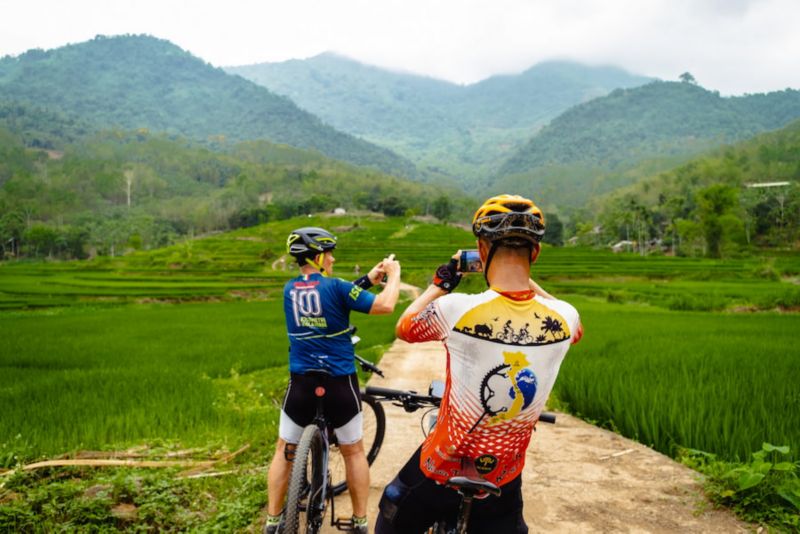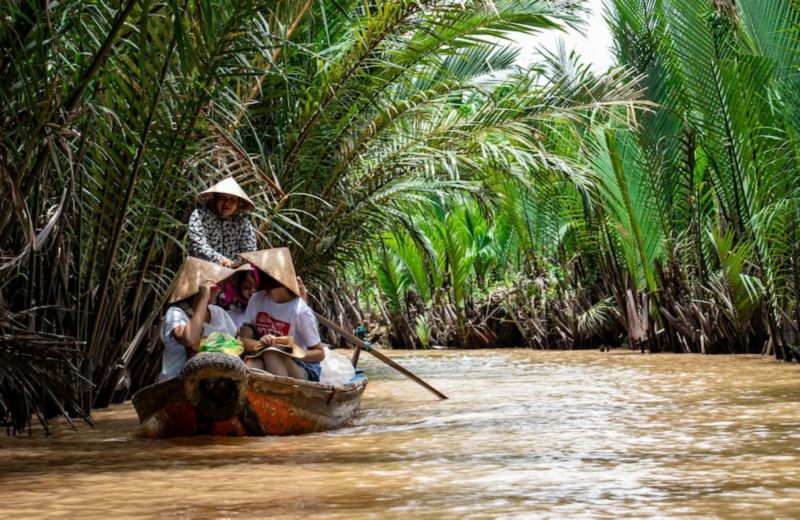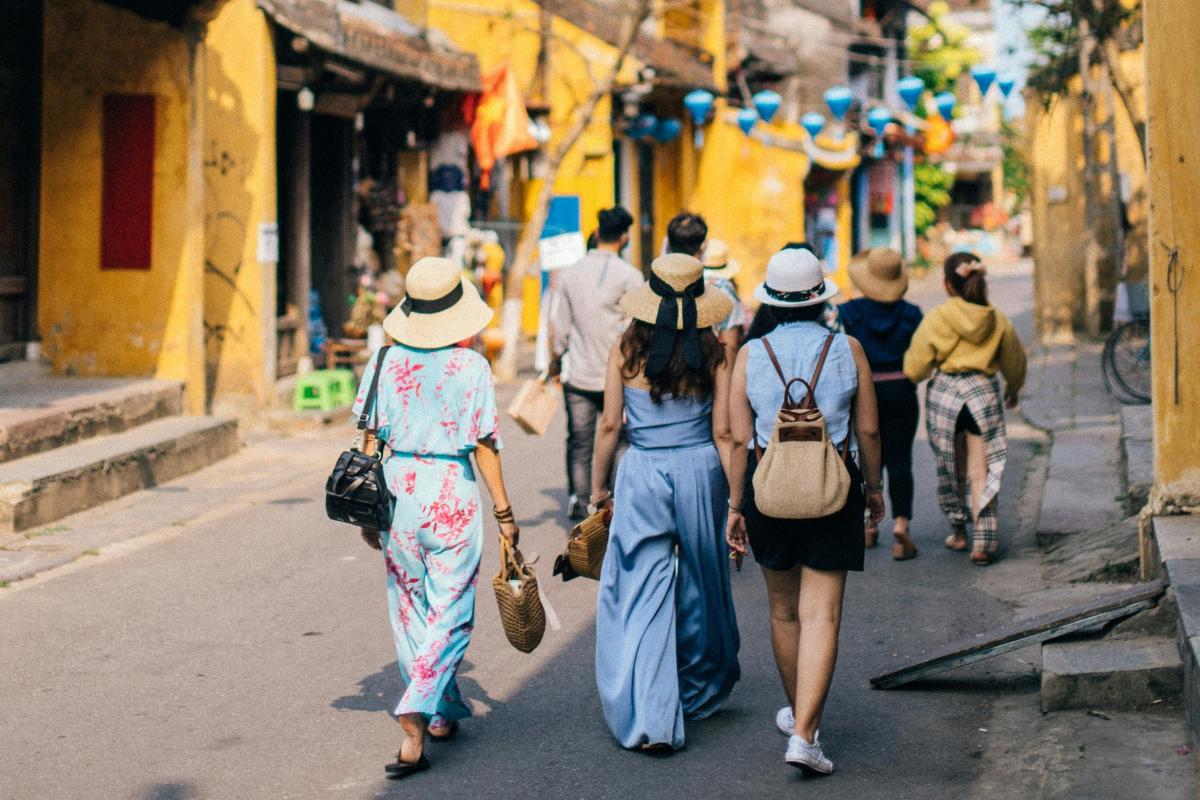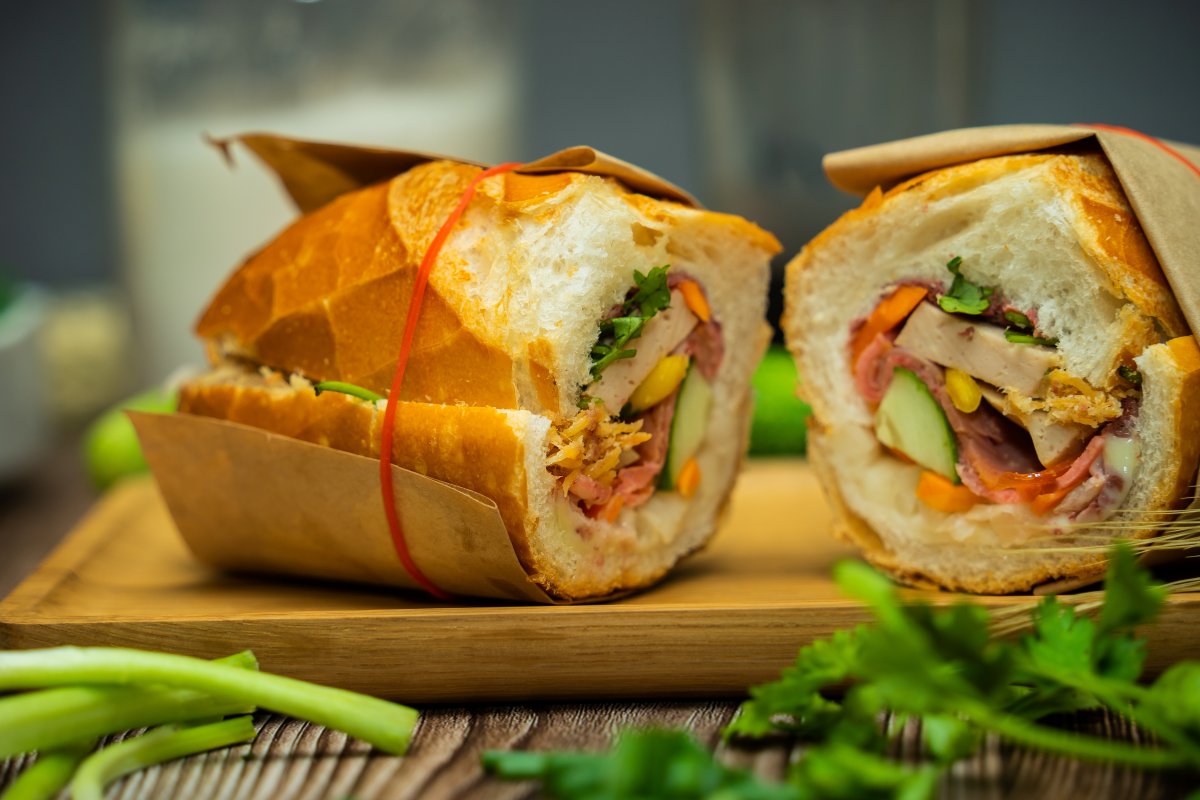However, several challenges are impeding the realisation of agritourism to its full potential in Vietnam. One prominent issue lies in the realm of product development. Despite the country's rich resources, the current landscape of agricultural tourism lacks a professional touch. Activities often emerge on a small, spontaneous scale, lacking a cohesive brand strategy. This has resulted in tourism products that struggle to captivate visitors' interests.
Agricultural tourism also faces service quality challenges, with many local farmers lacking the requisite skills for professional hospitality. This deficiency translates into simple and underexploited tourism products, limiting the potential for visitor spending. The scarcity of high-quality offerings and lack of comprehensive services further hinder the sector's growth.
Connectivity issues pose a third challenge as collaboration between travel businesses and agricultural destinations remains constrained. This limitation inhibits the creation of integrated and appealing tourism products, both domestically and internationally.
The shopping experience within agricultural tourism has its own set of challenges. Products often lack branding and attractive packaging, contributing to visitor hesitancy about quality and safety. Additionally, insufficient presentation and demonstration of production processes dampen the overall shopping experience.
Human resource shortages, especially in service-oriented roles, present a fifth challenge. The limited availability of skilled labour impacts the delivery of high-quality and innovative agricultural tourism experiences. A dearth of training in operational management for agricultural destinations and craft villages exacerbates these constraints.
Lastly, promotional and marketing efforts for agricultural tourism are deemed insufficient and non-specialised. Current strategies primarily focus on general tourism promotion, neglecting the distinct appeal of agricultural tourism products.
So, how can Vietnam navigate such challenges and position itself as a leader in agricultural tourism? Read the article “Cultivating success in agritourism” to find out more.
Story: Dr Jackie Ong, Senior Program Manager, Tourism and Hospitality Management, The Business School, RMIT University Vietnam





